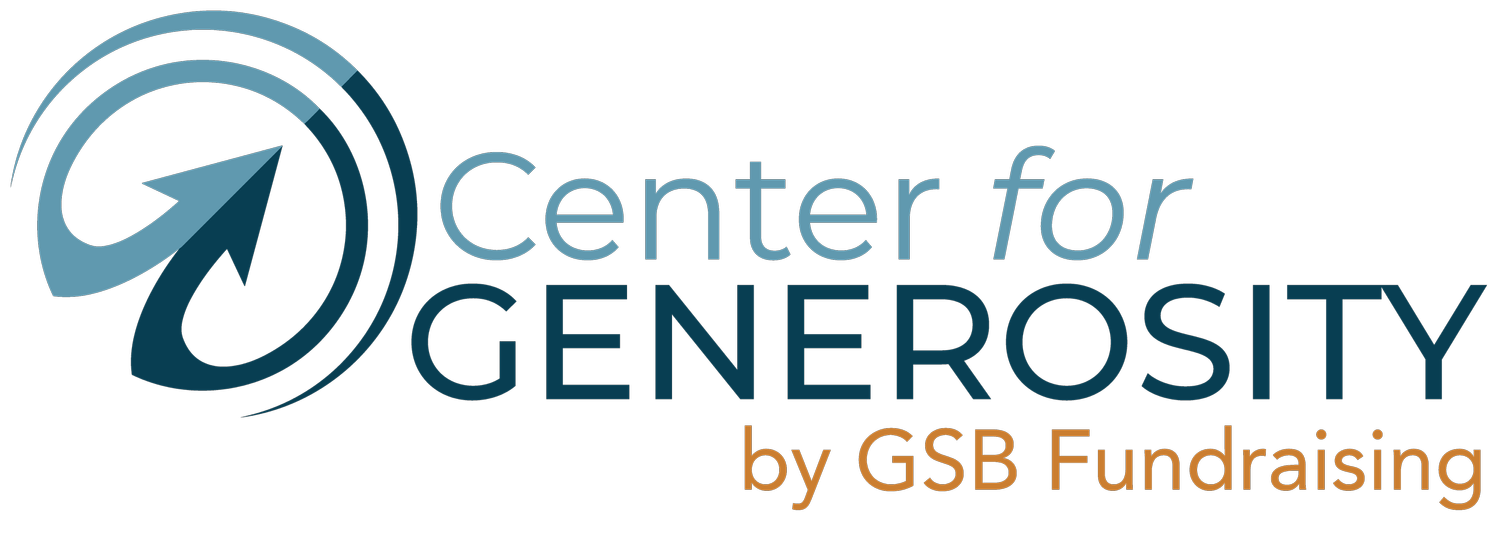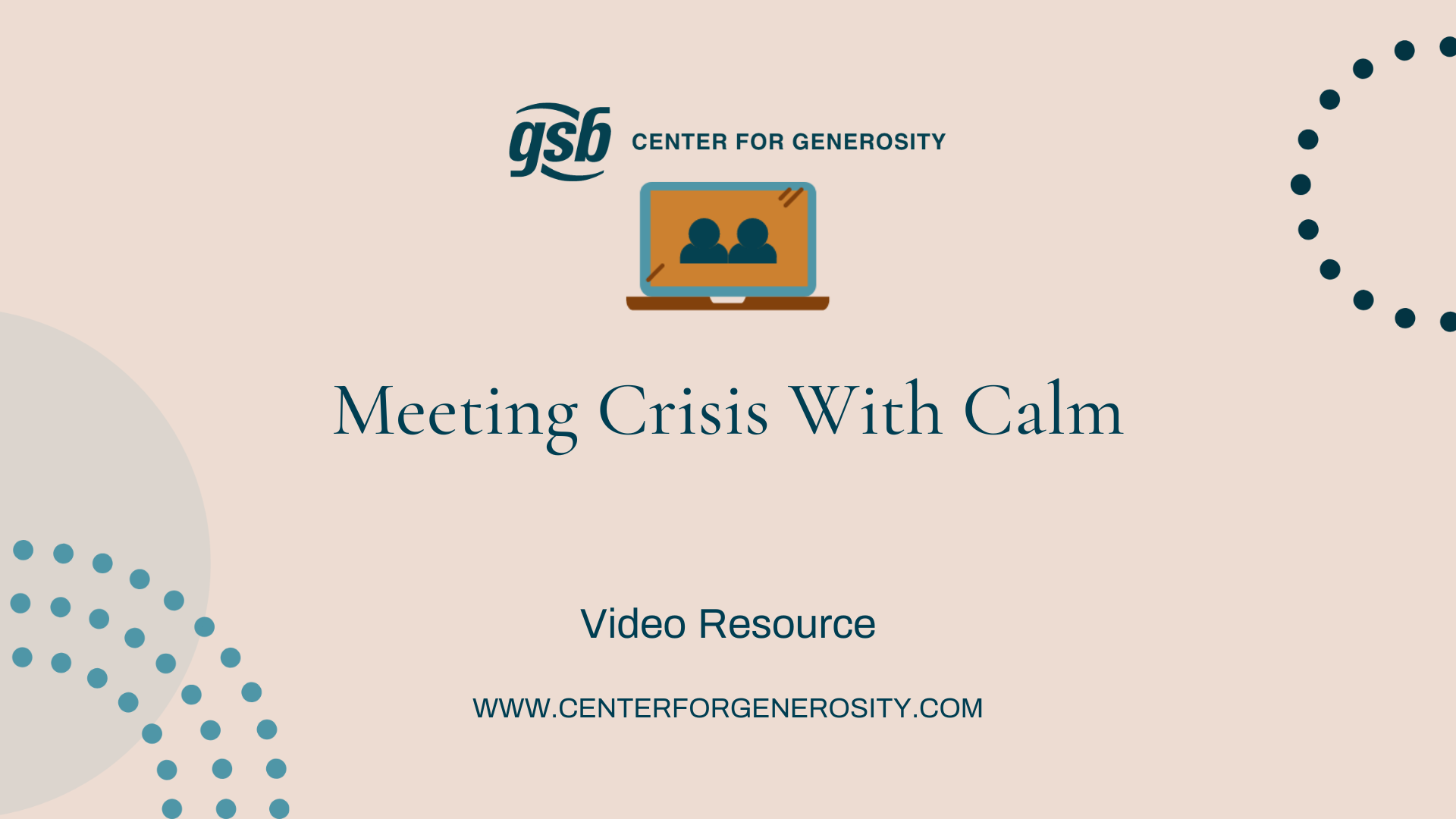Resource Library
Search by Topic
- 10 Steps of Fundraising
- Acknowledgements
- Annual Fund
- Appeal Letters
- Board Governance
- Capital Campaigns
- Case Development
- Challenge Gifts
- Congregation Governance
- Congregations
- Crisis Management
- Database
- Development Councils
- Development Plan
- Donor Relations
- Executive Leadership
- Giving Trends
- Gratitude
- Human Resources
- Lapsed Donors
- Major Gifts
- Marketing
- Matching Gifts
- Mission
- Non-Profits
- Planned Giving
- Public Relations
- Recurring Giving
- Samples
- Self-Care
- Special Appeals
- Special Events
- Stewardship
- Stewardship Appeal
- Storytelling
- Strategic Planning
- The Ask
- Theology
- Tributes
- Volunteers
- Wealth Screen
- Websites
- Youth Fundraising
Congregational Capital Campaigns
If you are considering a capital appeal or other special appeal, this video will help you think about some critical items to keep in mind. We need to work hard to keep a campaign from feeling like we just want a financial transaction. Furthermore, we don't want anyone to feel shame that their gift is not enough. A campaign done well results in people feeling that this is a project that is accomplished because everyone does their part. A solid case for support is where it all begins.
OMG We Are Out of Money
We have all been there. The finance report is dire and so the leader is directed to send out "the letter". This scarcity minded tactic results in a little bump in giving, but longer term leaves people wondering about the long-term health of the organization. Larger potential donors are left wondering if the organization can handle larger gifts. Donors who increased their giving recently feel like they are alone in doing so. There is a better way.
Telling Outcome Stories
Most non-profits and churches spend the majority of their time telling people what they do. They spend little time telling people the stories of impact of their organizations. The reality is that donors will not unleash their generosity because of what you do. They will do so when they get immersed in the results of your mission. This is not sharing statistics. It is telling stories.
Should the Pastor Know
In many congregations, the culture is one of secrecy around money. There is a celebration that only one person knows what people give. Sometimes, pastors are told they aren't allowed to know. Other times, pastors are uncomfortable and don't want to know what people give. In Matthew 6.21 Jesus says that giving is a matter of the heart. In addition to giving being a spiritual issue, there is also a leadership issue in that it is impossible to lead an organization if you don't know where the resources are coming from. This video attempts to get movement from a culture of secrecy to a culture of generosity. Confidentiality is very much lifted up, just not secrecy.
Special Gift Appeals
From time to time in the congregation, special gift appeals are needed. This isn't quite the level of a full capital campaign. Many fail of these appeals fail because not enough people participate. This video overviews the basics of a strong appeal.
Stu Video--Giving in a pandemic or other time of difficulty
Follow our animated short about Stu. Today Stu confronts the need to give during the time of pandemic or other time of uncertainty. This resource is suggested for sharing with members of the congregation.
Stu Video--Keeping up with Inflation and loss of donors
Follow our animated short character Stu as he realizes that inflation and a loss of donors need to be considered as part of the reason to give more each year.
Improving Board Engagement in 5 Easy Steps
When equipped effectively, Board members can be an organization's most enthusiastic partners. Your current approach may be underutilizing their potential. Learn how to position your board members and the organization for greater impact.
Developing Your Annual Fund
Strong Annual Funds aren't based on one-time (i.e., "annual") appeals. Instead, a healthy annual fund is a year-long (i.e., "annual") series of communications which inform, inspire, ask, and thank funding partners. Move beyond the one-and-done approach with a framework of Who, When, Why, and How you'll engage supporters to ensure your fundraising efforts are effective.
Five Best Practices for Congregation Councils
Faithful leaders are clear, calm, and connected. In this video learn about five practices which help leaders hone these skills. Doing this will put Congregation Councils on the path to thoughtful decisions and effective leadership.
Executive Leadership
Explore the role of the organization's lead executive in raising funds for your mission.
Wealth Screening & Database
Relationships are key to fundraising, but how can you know everyone in your database? A wealth screen is a tool that provides far more than just capacity information. At it's core a wealth screen allows those responsible for development to deepen their relationships with donors.
10 Steps--video 1 of 3
Sooner or later, if your organization or church is to reach its potential, you must follow the first five steps. New organizations have gotten off to a healthy start by heeding the guidance offered here. Established organizations have received new life by revisiting these first steps to success.
Storytelling Overview
Mitzie Schafer gives an overview of how telling stories will bring your donors more engagement with your ministry. Telling stories in this way reminds everyone of why you do the mission that you do. In addition to learning to tell stories this way, you will also learn how and where to share them.
Meeting Crisis With Calm
A recording from Anne's roundtable discussion on having a crisis plan. Planning for a crisis allows you to navigate the crisis in such a way that you keep the organization moving forward and thriving, even during a difficult time. Unfortunately, no matter how well lead, structured and intended, no organization is immune from experiencing a crisis. There is no crystal ball for anticipating what the crisis will be and when it will occur. But strong organizations prepare themselves to meet crisis with calm by adapting and living into policies, protocols and practices designed around positioning their organization to address and manage through even the worst of situations. Your mission and impact is too important not to be prepared for the unexpected! Let us help you write your own narrative as you navigate situations that threaten to disrupt, damage and if not handled well, even destroy your organization.
Find Your Best Planned Giving Prospects
Your best planned giving prospects have similar traits. In this 15 minute presentation Jim Schade gives you the roadmap of who they are and how to find them.
Telling Generosity Stories
In addition to impact stories, we also need to tell generosity stories. Telling them leads to a culture of abundance and helps donors know they aren't alone in supporting your mission. These stories also help to teach generosity.
What is Donor Retention
How do we improve donor retention, particularly from first gift to their second year with the organization. This is far cheaper than finding a new donor and the first conversion is the most important. Historically, retention rates are 45% on average. This means the average organization loses over half of their donors each year.




















